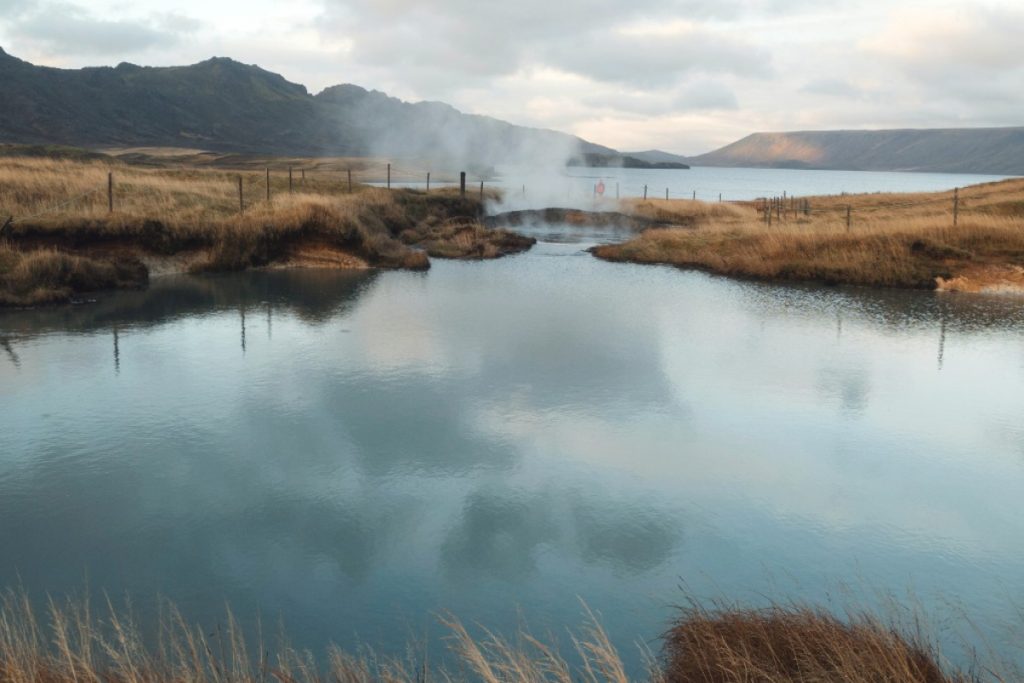Projects
This page is under construction. For more information, please sign up for our newsletter bellow to receive our latest updates.
Here are some of the projects we’ve worked on
Under construction…

2021 Taiwan International Education Summit: The INNER and INTER-changes of Creative Changemakers
To move beyond the siloed and reductionist approach, also address the changemakers’ needs as “whole persons,” the Summit will be split into four tracks to cover the Intrapersonal, Interpersonal, Social, and Ecological Dimensions of a “Changemaker’s Journey,” with the following topics and questions:
🌱SELFation: Agape with Self-Compassion
How can we avoid burning ourselves out while promoting innovation and change and contributing to society? How can we take care of our physical, mental, and spiritual health as we do for others and society?
🌱OTHERwise: Wit ain’t from nowhere
How can we face the tensions between our ideals and important interpersonal relationships, such as those with significant others, family, friends, teachers/mentors, and students? How to resolve or transform the respective expectations, responsibilities, and tensions related to them into sources of nourishment and support, or at least not a burden that is too heavy?
🌱SOCIALpath: Tides and Ties of the Collectives
How should we comprehend our entanglement with our social contexts and structures, the rationality/irrationality of the masses, or the “will of the people”? What roles do communities play in the change-making processes and the holistic wellness of changemakers?
🌱ECOlogic: Nurturing Nature and Nature Nurtured
As a member of Nature, is it possible for any changemaker to integrate environmentally aware or ecologically sustainable elements into their initiatives, even if those are not directly addressing environmental/ecological issues? How do the challenges and crises of the ecosystem relate to our socio-political structure or the human condition?

2020 Taiwan International Education Summit: Towards an Anti-Fragile Paradigm in Education:
Shifting from the focus from EE (Effectiveness & Efficiency) to RR (Resilience & Robustness)
In the twenty-first century, humankind is at a critical crossroads. While our industrial civilization has created unprecedented material prosperity since the eighteenth century, nature’s revenge, such as climate change, environmental pollution, ecological catastrophe, energy and food shortage, are wreaking havoc on humankind’s survival. Although publications such as Silent Spring and Limits to Growth led to the emergence of ecological consciousness half a century ago, the interlocking social machinery couldn’t help but continue its escalating inertia at the cost of our future survival. Until the plague of the century, COVID-19, swept across the world in 2020, the engine of globalization came to an unpredicted screeching halt and gave nature a brief respite.
The plague has disrupted our social machinery: Governments frazzled, industries in turmoil, and the people in danger. In the face of such a historic tidal wave, where is civilization heading?
The industrial revolution and scientific management have minted the emblem of Effectiveness and Efficiency, leading to the flourishing of material civilization but also creating a structural cause for the world’s “Fragility.” What humanity urgently needs is to transform the lessons learned from effectiveness and efficiency into the foundation of Robustness and Resilience, therefore able to grow our civilization towards “Anti-fragility.”
Addressing the urgent issues that arose as COVID-19 has become “the new normal,” the 2020 Taiwan International Education Summit is dedicated to exploring the following two questions:
First, technology’s pervasiveness in our lives has become even more overwhelming as the COVID-19 continues. If the need for technology is inevitable, is it possible to make it more humane and support our holisticity?
Second, the already bloating higher education bubble also came to the brink of bursting. Yet, we’re more than ever in need of citizens capable of reconstructing our societies’ epistemic, institutional, and infrastructural foundations — If this is what higher education ought to strive for, how might it be possible?
PhotoRoom-modified-110x110.png)